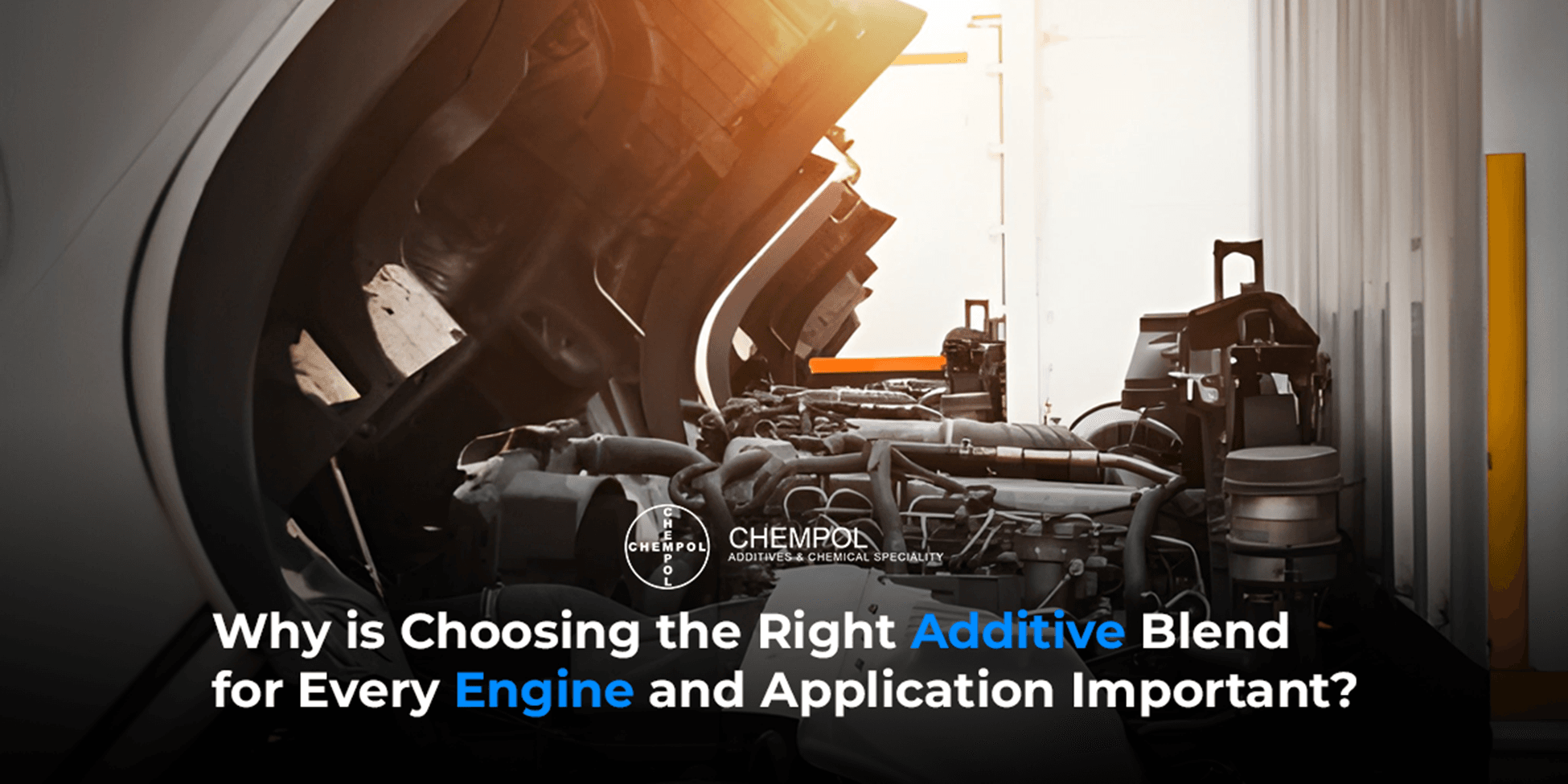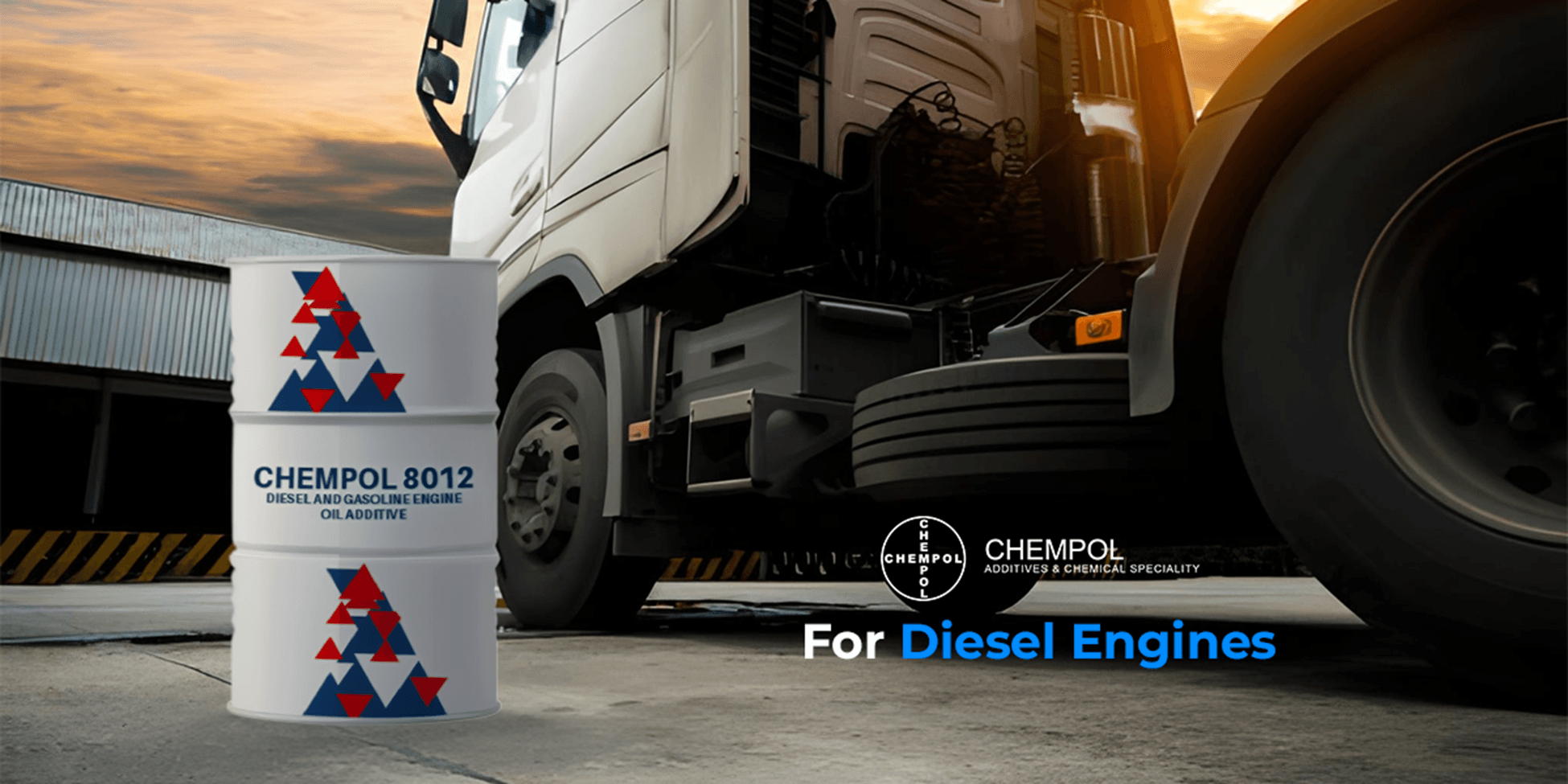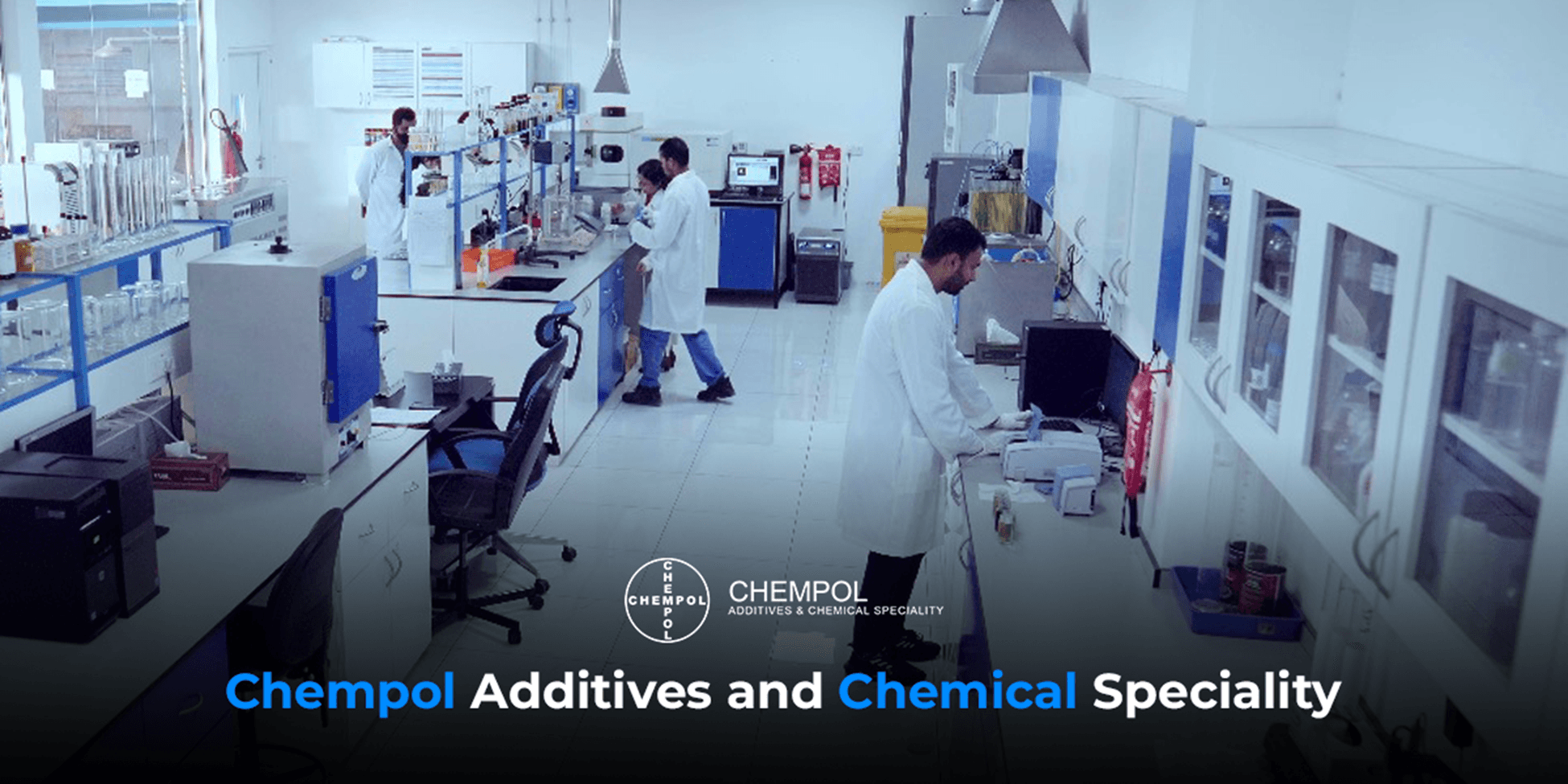[email protected]

Why is Choosing the Right Additive Blend for Every Engine and Application Important?
An engine is not just another component of a vehicle; it is the main source of power. To generate energy, engines have to withstand significant wear and tear from friction and heat. To avoid the wear and tear, lubricants and engine oil additives are used. These additives with lubricants are the major reason why the performance of modern engines is increasing every year.
Due to their usefulness and important applications, selecting the best engine oil additives is an important task. Not many people have the know-how or technical expertise to select the best additive for their engine oils. This blog will help such people choose the right additive blend.
Major Lubricant Additive Functions
An engine oil additive benefits a lot, especially when it comes to reducing friction. However, simple lubricants with just a base oil by itself are very limited. Yes, these lubricants can coat parts and reduce friction, but only to a minimal extent, which is far from the requirements of modern engines. This is the point where different lubricant additives types play an important role.
An additive for lubricants is a component that changes the oil's behaviour. It assists the oil in remaining thick even when the heat is very high and still ensures its proper flow at cold temperatures. It prevents the metal parts from grinding and ensures that the surfaces remain lubricated. It even prevents rust from forming and allows dirt to be held in very small particles so that it does not settle.
Every engine or machine is exposed to different types of stress. Some engines get very hot, others are subjected to pressure, and some are just sitting idle for long hours. Additives adjust the oil to meet those requirements. They make sure that the lubricants are functional at their best, even under harsh conditions.
The Connection Between Additives and Engine Oils
Adding oil to your vehicle is not just a matter of pouring fluid in the tank. It's a combination of science and care. Engine oil additives are the ones behind that combination. These additives make a car engine run clean, cool, and efficient. They prevent carbon from accumulating inside the pistons. They allow oil to resist burning or thickening too quickly. They also make engines more fuel-efficient by reducing friction between moving parts. Quality additives keep your oil alive. New oil with well-balanced additives is the key to a long-lasting engine.
For Simple Engines
A simple engine in an automobile is usually used for short trips. Even though it is not subjected to much wear and tear, unlike diesel or industrial machines, it still requires lubricants with high-quality anti-wear additives. In this way, this engine cleaner additive ensures the engine starts easily and runs quietly.

For Diesel Engines
Unlike sedans or passenger cars, diesel-powered vehicles face significant friction. So, a diesel engine has to bear a lot of burden. Friction modifiers are generally the best diesel engine oil additives for handling high soot levels and protecting the engine from various impurities. So when you select an additive for a diesel engine, make sure it cleans soot, prevents thickening, and helps neutralize acids. If you are looking for the best option, CHEMPOL 8012 is a premier diesel engine oil.
For Industrial Machine Engines
Similarly, like diesel engines, industrial machinery is also subjected to heavy loads. They run continuously and endure very high heat and pressure for long periods. That's why most of the industrial additives are designed to prevent foam, oxidation, and metal-to-metal contact. If you do not know where to start, visit Chempol's website.
The Secret Behind Smooth Performance
Additives are designed to work with the base oil and blend in a way that creates a chain. Each molecule of an additive in a chain has a function, but they have to operate in harmony. When additives and base oil are blended properly, the lubricants work flawlessly. If the blend is wrong, it can do more harm than good.
For example, if the lubricant lacks sufficient cleaning power, sludge will accumulate. If it lacks protection, metal parts will be damaged, and if it cannot tolerate heat, it will break down. This is the reason why oil manufacturers take so many years to perfect additive packages. They examine every blend to ensure it remains stable, protects surfaces, and keeps engines cool. Just one frail link in that blend can cause an oil change to be performed prematurely.
How to Choose the Right Additive Blend
Knowing the right blend depends on understanding how your engine or equipment works. Just ask a few simple questions yourself. How hot does it get? How heavy is the load? How often does it run? After you figure it out, you can choose the additive that will work the best.
If you drive in traffic every day, you should choose an oil designed for frequent start-and-stop driving. Such an oil should contain strong detergents and friction reducers. If you are driving long distances or towing heavy loads, you should use oil designed for endurance and soot control.
Firstly, industrial users need to determine the type of machinery as well as the speed and temperature range. In such cases, the machine should be equipped with a tool that has anti-foam and anti-wear properties. Machines that are slow but heavy may need strong protection against pressure and corrosion. It is always the safest bet to adhere to the manufacturer's advice when you are unsure. They test each engine to determine the exact blend that works best. So selecting the OEM-approved engine oil additive is always a plus point.
The Future of Additives
Additive technology is constantly changing. Modern synthetic lubricant additives, developed with smart technology, are better than ever. A few of them feature nanoparticles that help reduce friction. Others are very sensitive to temperature and provide more effective protection in stressful conditions.
There is also a mounting emphasis on environmental-friendly lubricant additives. Manufacturers increasingly design additives that not only improve the oil but also help reduce waste. They reduce pollutants and make it easier for engines to consume cleaner fuel. Therefore, when you spot a sticker with “advanced additive formula” next time, don’t take it as a mere piece of marketing. It is real science in operation, science that helps both the engine and the planet.

Chempol Additives and Chemical Speciality
If you have little to no knowledge of the additives and the additive technology, and wanna learn more? The experts at Chempol are here to help you. We provide you with high-quality viscosity index improvers, corrosion inhibitors, detergent/dispersant additives, oxidation inhibitors for oil, and performance-enhancing lubricant additives. Contact us today and let us provide you with all the information you need on the best additives for lubricants.




